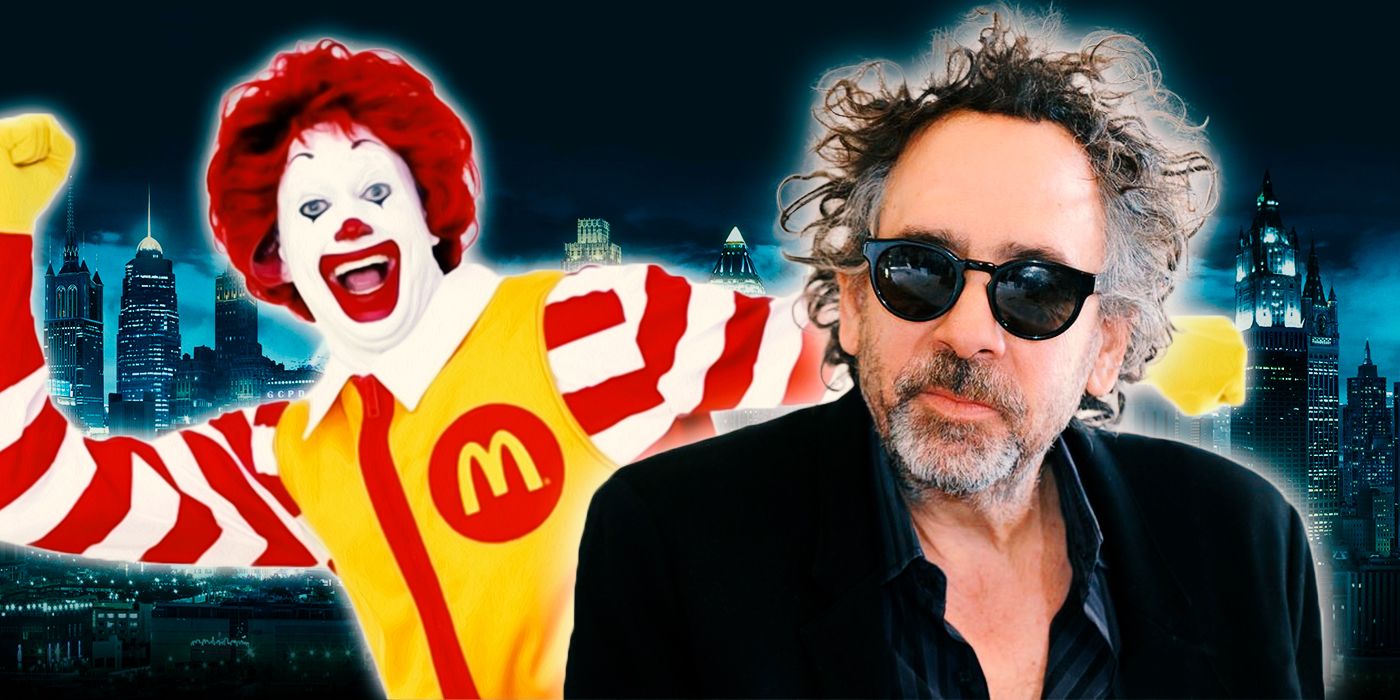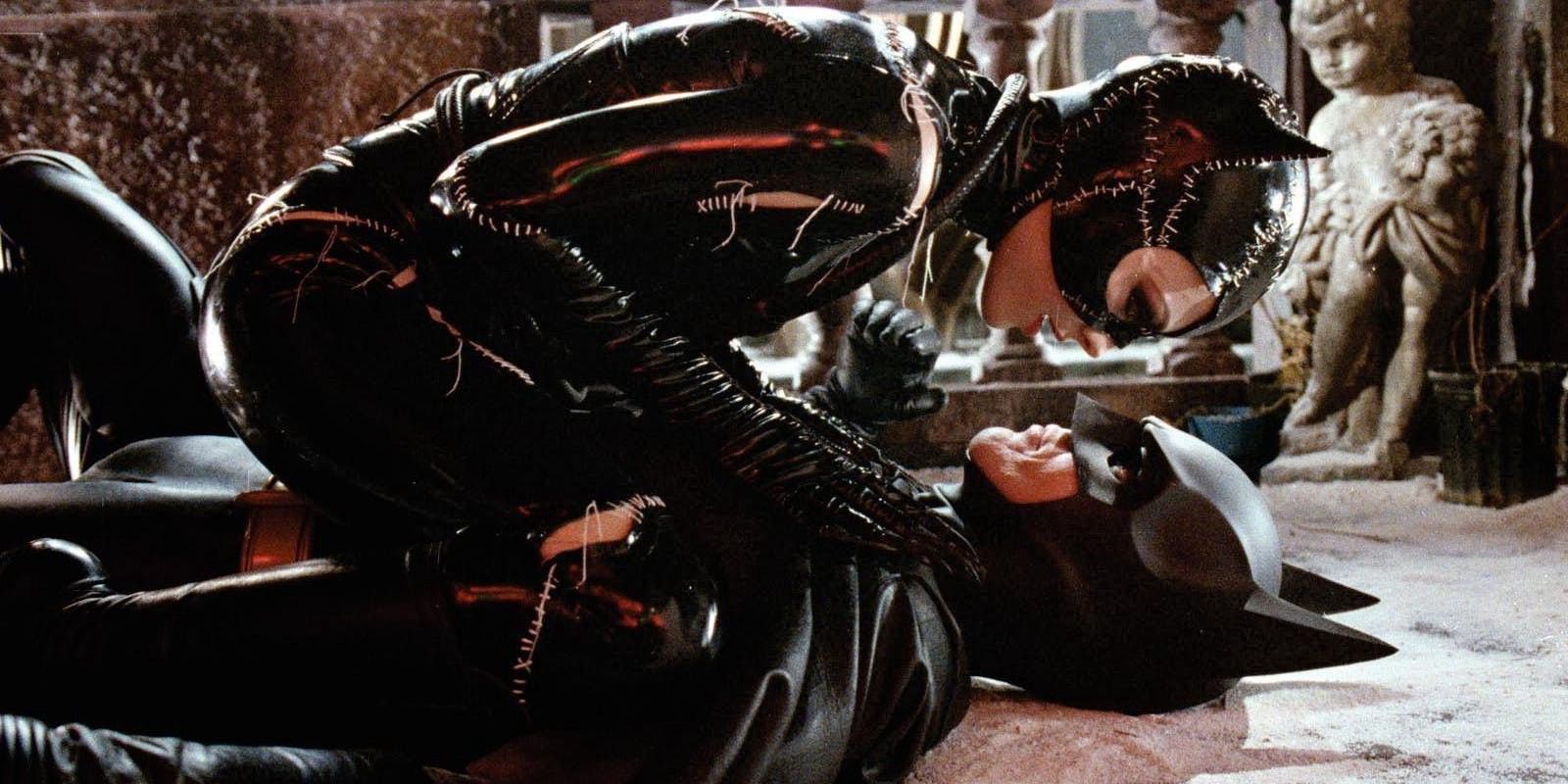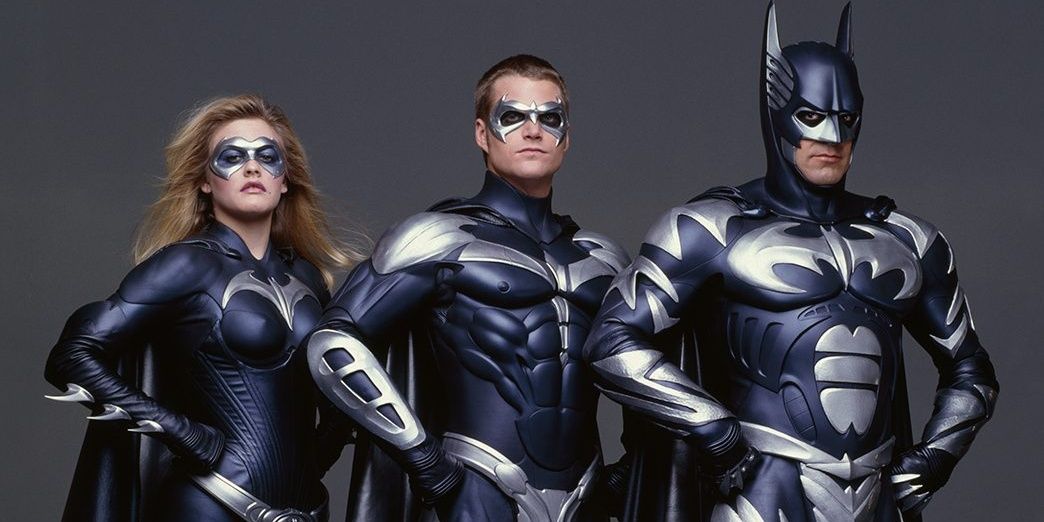The Michael Keaton-led Batman films are landmark entries in the cinematic superhero genre, setting the stage for a resurgence in the concept ahead of the 21st century's full-throated approval of the genre. But things almost played out differently, with Burton and Keaton initially intending to continue their series. Tim Burton originally meant to follow up Batman Returns with another chapter in the life of the Dark Knight, only for financial problems with the film, including some major ones stemming from McDonald's, to derail everyone's plans.
Burton directed 1989's Batman and 1992's Batman Returns, both featuring Michael Keaton in the title role. The first film was a financial juggernaut, becoming a genuine cultural touchstone in little time. Fusing the classic comics character with Burton's gothic sensibilities and style, the sequel to the film was quickly moved into production. And as part of the lead-up to the sequel's release, Warner Bros. made a deal with the fast-food giant McDonald's to produce Happy Meal Toys to coincide with the film.
However, that plan backfired for Warner Bros. and McDonald's when Batman Returns premiered. Although the dark take on Batman, Catwoman and Penguin was considered a commercial and critical success, it ultimately made $150 million less than its predecessor at the box office, with negative word of mouth slowing the film's success. And to make things worse, the toy deals -- especially with McDonald's -- had caused controversy among the general public. Parents across America objectified the openly sexual Batman Returns being marketed primarily to kids. In fact, the situation reached such a fervor that McDonald's ordered a recall of their Happy Meal tie-in, which had painted a far cheerier and colorful version of the film.
Unwilling to lose their deals with companies like McDonald's, Warner Bros. fired Burton from the next installment in the series, which would eventually become Batman Forever. In the process, many of his ideas for the film, including the return of Michelle Pfeiffer's Catwoman, the dark descent of Billy Dee William's Harvey Dent into Two-Face and the introduction of Robin Williams as Riddler and Marlon Wayans as Robin, were halted. Instead, a more cartoonish script was produced, which saw Catwoman dropped from the story, Dent reinvented as an over-the-top villain played by Tommy Lee Jones and Riddler and Robin cast with different performers.
The story for the film was severely toned down, and Joel Schumacher came in to replace Burton and infuse the movie with a more campy line of inspiration from the Adam West-led Batman television series. Unhappy with the direction the series was going, Keaton also departed the role of Batman, leaving the door open for Val Kilmer's portrayal of the Dark Knight. And while it may seem ridiculous that a fast-food company's displeasure over their toy deal could derail one of the world's largest film franchises, it makes sense given the cultural impact McDonald's had in the early 1990s and how furious parts of the public were over the entire fiasco.
As reported by Entertainment Weekly, parents were mostly upset that the movie McDonald's was targeting to younger audiences through Happy Meal Toys and limited edition Batman-branded cups was not something intended for children. But the fallout of the dispute would see McDonald's and Warner Bros. emboldened by the massive financial success and merchandising appeal of the more campy Batman Forever, only for the critical and cultural drubbing of Batman and Robin to take the character out of theaters for nearly a decade. Thankfully, many of Burton's concepts are coming to life in the Batman '89 comic series, but the controversy remains an interesting window into what could have been.



